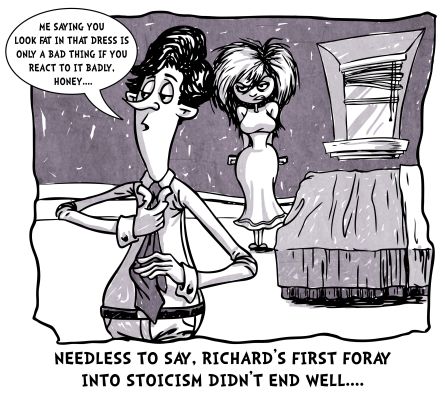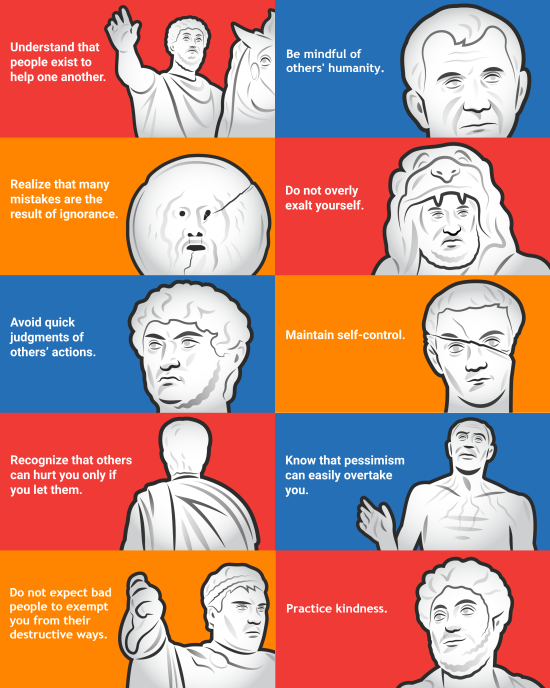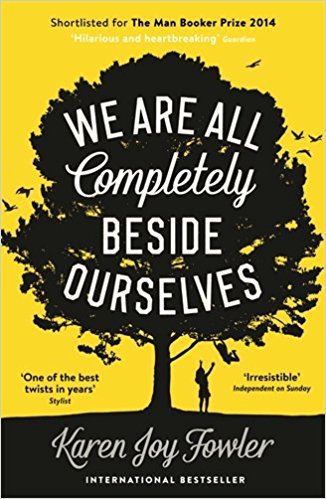Read Part I
Stoicism was a popular philosophy of personal ethics in ancient Greece and Rome. It was popular until around the third century AD. It has been defined as “a moral philosophy that emphasizes the discipline and mastery of the emotions in order to reach a wiser, rational, and peaceful mindset.”

Go ahead, crack open a beer. We aren’t in lodge…
There is an overlap with some teachings of Odd Fellowship and the Stoicism of Marcus Aurelius. Here are a few ideas from Aurelius that overlap:
Think how much is going on inside you every second–in your soul, in your body. Why should it astonish you that so much more–everything that happens in that all-embracing unity, the world–is happening at the same time?
Keep this constantly in mind: that all sorts of people have died–all professions, all nationalities. Follow the thought all the way down to Philistion, Phoebus, and Origanion. Now extend it to other species. We have to go there too, where all of them have already gone. And what harm does it do them? Or the others either–the ones whose names we don’t even know? The only thing that isn’t worthless: to live this live out truthfully and rightly. And be patient with those who don’t.
What injures the hive injures the bee.
To feel affection for people even when they make mistakes is uniquely human. You can do it, if you simply recognize that they’re human too, that they act out of ignorance, against their will, and that you’ll both be dead before long. And, above all, that they haven’t really hurt you. They haven’t diminished your ability to choose.
Before long, nature, which controls all, will alter everything you see and use it as material for something else–over and over again. So that the world is continually renewed.
The gods live forever and yet they don’t seem annoyed at having to put up with human beings and their behavior throughout eternity. And not only put up with but actively care for them. And you–on the verge of death–you still refuse to care for them, although you’re on of them yourself.
Remember: you shouldn’t be surprised that a fig tree produces figs, nor the world what it produces. A good doctor isn’t surprised when his patients have fevers, or a
all, that they haven’t really hurt you. They haven’t diminished your ability to choose.
Before long, nature, which controls all, will alter everything you see and use it as material for something else–over and over again. So that the world is continually renewed.
The gods live forever and yet they don’t seem annoyed at having to put up with human beings and their behavior throughout eternity. And not only put up with but actively care for them. And you–on the verge of death–you still refuse to care for them, although you’re on of them yourself.
Remember: you shouldn’t be surprised that a fig tree produces figs, nor the world what it produces. A good doctor isn’t surprised when his patients have fevers, or a  helmsman when the wind blows against him.
An arrow has one motion and the mind another. Even when pausing, even when weighing conclusions, the mind is moving forward, toward its goal.
Nature gives and nature takes away. Anyone with sense and humility will tell her, “Give and take what you please,” not out of defiance, but out of obedience and goodwill.
helmsman when the wind blows against him.
An arrow has one motion and the mind another. Even when pausing, even when weighing conclusions, the mind is moving forward, toward its goal.
Nature gives and nature takes away. Anyone with sense and humility will tell her, “Give and take what you please,” not out of defiance, but out of obedience and goodwill.  Stop talking about what the good man is like, and just be one.
Why all this guesswork? You can see what needs to be done. If you can see the road, follow it. Cheerfully, without turning back. If not, hold up and get the best advice you can. If anything gets in the way, forge on ahead, making good use of what you have on hand, sticking to what seems right.
Stop talking about what the good man is like, and just be one.
Why all this guesswork? You can see what needs to be done. If you can see the road, follow it. Cheerfully, without turning back. If not, hold up and get the best advice you can. If anything gets in the way, forge on ahead, making good use of what you have on hand, sticking to what seems right.
Scott Moye is an award winning history educator and collector of Arkansas folklore. He grew up on a cotton farm and is currently a museum worker. Hobbies include: old  house restoration, writing, amateur radio, Irish traditional music, archery, craft beer, old spooky movies, and street performance. He is a member of Marshall Lodge #1, in Marshall, Arkansas, and is a founder of Heart In Hand Blog.
house restoration, writing, amateur radio, Irish traditional music, archery, craft beer, old spooky movies, and street performance. He is a member of Marshall Lodge #1, in Marshall, Arkansas, and is a founder of Heart In Hand Blog.
Share this:
Like this:Like Loading...
 Go ahead, crack open a beer. We aren’t in lodge…
Go ahead, crack open a beer. We aren’t in lodge…
 all, that they haven’t really hurt you. They haven’t diminished your ability to choose.
all, that they haven’t really hurt you. They haven’t diminished your ability to choose. helmsman when the wind blows against him.
helmsman when the wind blows against him.
 house restoration, writing, amateur radio, Irish traditional music, archery, craft beer, old spooky movies, and street performance. He is a member of Marshall Lodge #1, in Marshall, Arkansas, and is a founder of Heart In Hand Blog.
house restoration, writing, amateur radio, Irish traditional music, archery, craft beer, old spooky movies, and street performance. He is a member of Marshall Lodge #1, in Marshall, Arkansas, and is a founder of Heart In Hand Blog.




